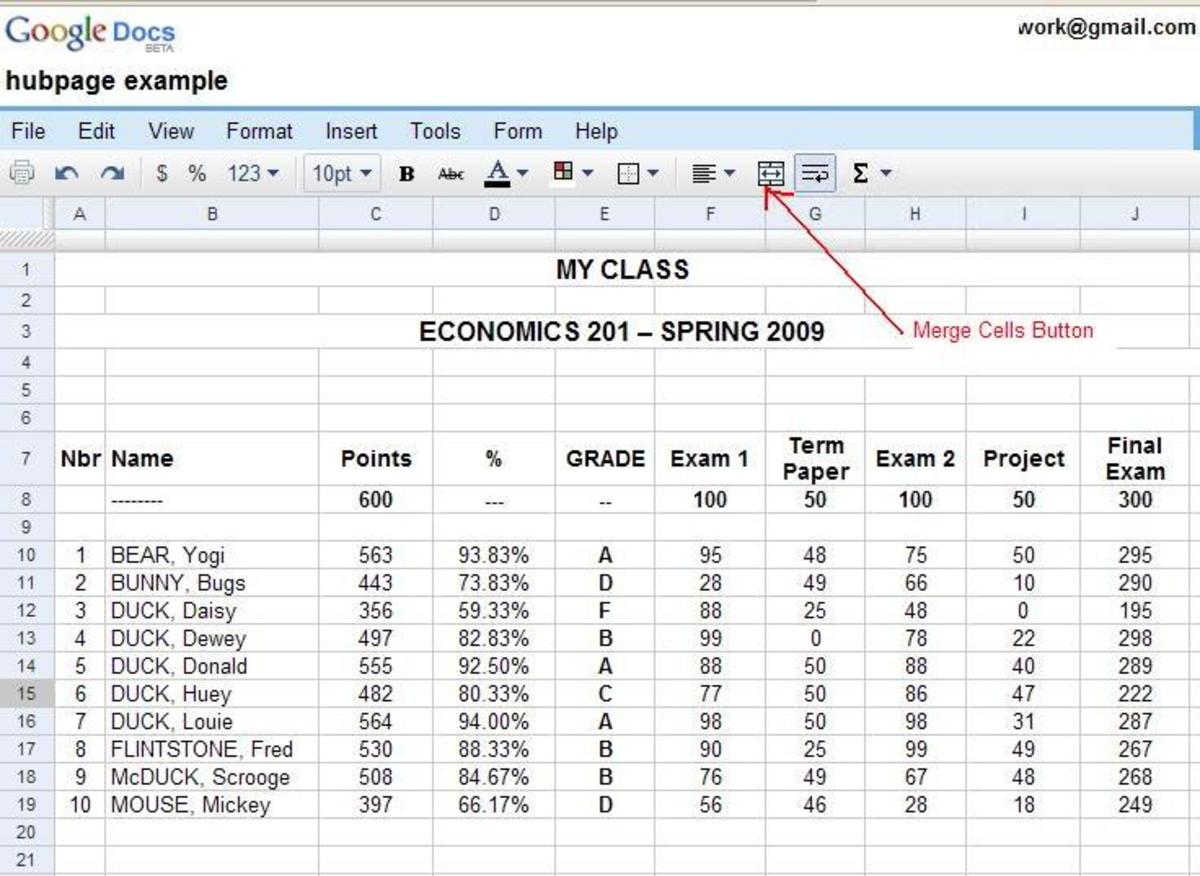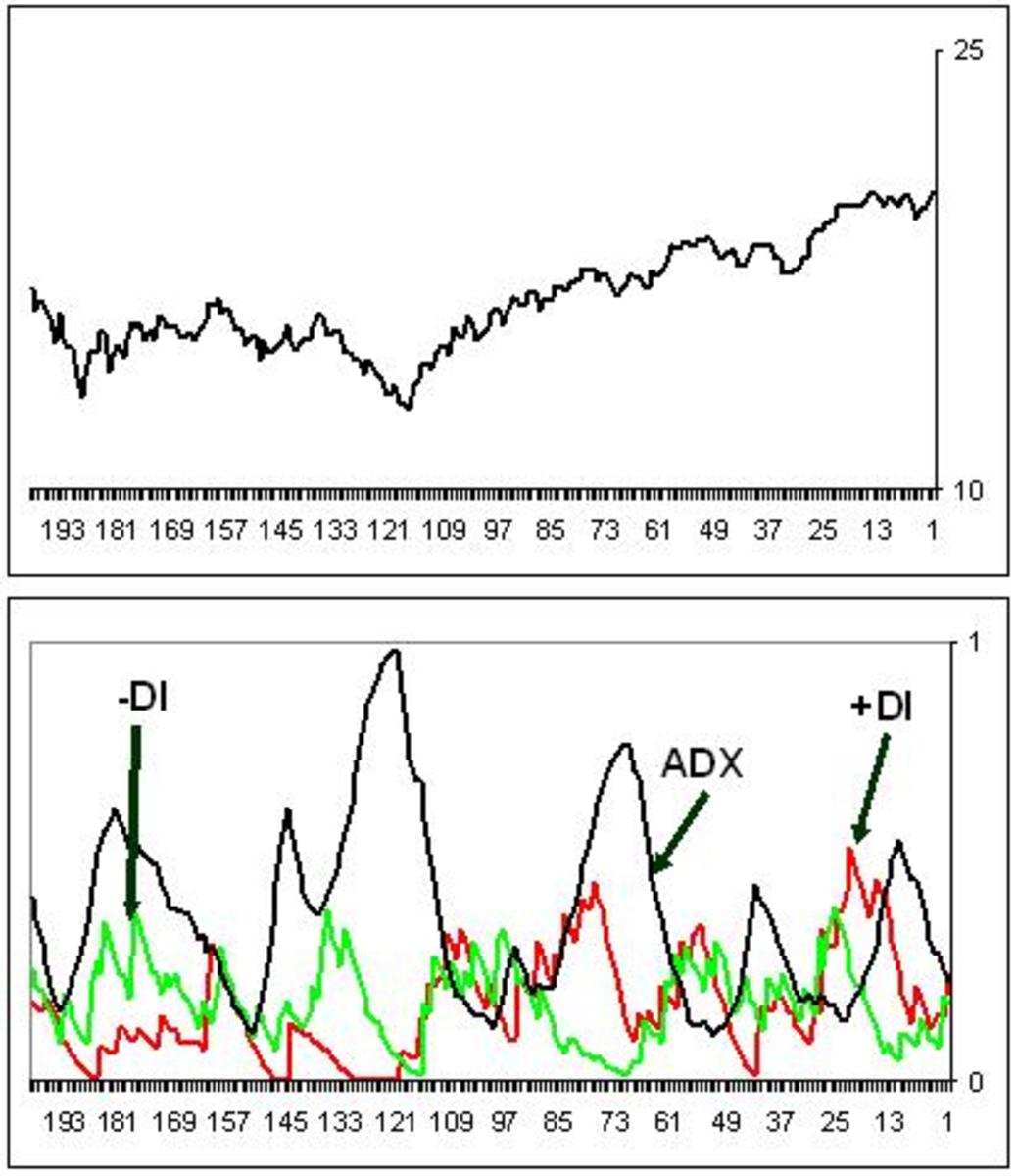Frugal Living Tips - Examples In Calculating Your Power Consumption

For most of us, it is very important to cut down on our power consumption as it is a major part of our utilities bill. However, the usual advice to switch off the lights every time you leave the room will probably not make too much of an impact on your power bill. What would be most useful for you is to know how much you are paying to run each device. Every device consumes power at a different rate, and knowing which device are the power hungry ones can go a long way in trimming your power consumption, and helping you live frugally and save money.
In a previous hub about Calculating Your Power Consumption or kWh, I introduced the formulas that you will need to calculate your power consumption and the amount that you will pay to the power company. I suspect that for some of you smart alecks out there, that will be all that you need. But for the rest of us, who was busy not listening to the teacher during math class, I think a few actual examples would be very helpful.
Do take note that the terms energy, power and electricity are used interchangeably, as are the terms used and consumed when referring to the amount of power used.
Formula For Electricity Consumed
Very quickly, let’s revisit the formula for the energy consumed. Don’t worry if you don’t understand it, and you may cross your eyes if you like, but I will work through several examples so all you need to do is to substitute your own values to get the answer. Ready?
The formula for electricity consumed is:
Energy Used (kWh) = Wattage (kW) X Hours Used (h)
For those of you who have your eyes crossed, you may uncross your eyes now.
I think the main problem with the above formula is that sometimes you might have different units. For example, instead of a nice round figure of 1 hour, you might have a figure of 5 minutes. How in the world are you going to fit 5 minutes into the above formula? Well, that’s what the examples are for, and once you get the hang of it, it’s simple.
Example 1
For this example, assume that the “Wattage” is 1.2kW and the “Hours Used” is 2 hours. Therefore, we can simply multiply the two numbers together to get the “Energy Used”.
Energy Used = 1.2 kW X 2 hours = 2.4 kWh
Example 2
For this example, assume that the “Wattage” is 600 W and the “Hours Used” is 1 hour. In this case, what does not fit into the formula is the “Wattage”, in which the units are in watts instead of kilowatts. To get the wattage into kilowatts, we simply divide by 1000 as follows:
Energy Used = (600 W / 1000) X 1 hour = 0.6 kWh
Example 3
For this last example, assume that the “Wattage” is 1.5 kW and the “Hours Used” is 5 minutes. In this case, it is the “Hours Used” that does not fit. To convert minutes to hours, we simply divide by 60 as follows:
Energy Used = 1.5 kW X (5 minutes / 60) = 0.125 kW
Formula For The Cost Of The Electricity Used
Before we get into the formula, you will need to know how much your power company is charging you for each kilowatt-hour of electricity used. Remember that the rate can be dependent on the time of day. You should be able to get the rate from your power bill, or you can always call the company or visit their website to check.
I’m going to introduce the formula for calculating how much you will pay for the kilowatt-hours used. I’m assuming that you are now veterans and there will be no crossing of eyes when looking at the formula. Look the formula in the eye to show it who’s boss. The formula is as follows:
Amount To Be Paid ($) = Energy Used (kWh) X Charge Per Kilowatt-hour ($)
In words, you simply multiply the power consumed by the charge per kilowatt-hour to get the amount that the power company will bill you for.
Example 4
Assuming that your charge per kilowatt-hour is $0.15 and you have consumed 3.5 kWh. Therefore, you will need to pay:
Amount To Be Paid ($) = 3.5 kWh X $0.15 = $0.525
Conclusion
Take the trouble to figure out how to calculate your power consumption. It can be a little daunting at first, especially if math is not a strong subject for you, but it will go a long way in cutting down on your power consumption.






![These Companies Will Send You Free Stickers [#05] These Companies Will Send You Free Stickers [#05]](https://images.saymedia-content.com/.image/t_share/MTczODA2NTA0NDkzOTgzMzcx/stickers-free.png)

